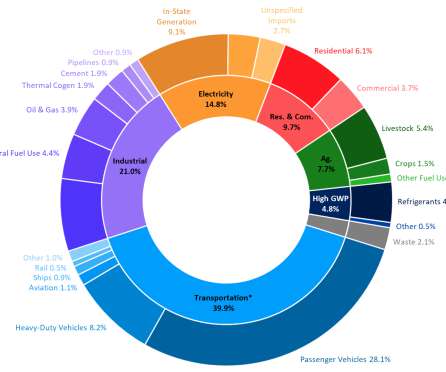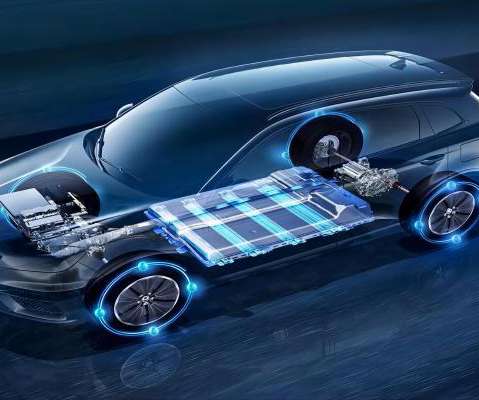TOAR shows present-day global ozone distribution and trends relevant to health; public database
Green Car Congress
FEBRUARY 6, 2018
Ozone levels across much of North America and Europe dropped significantly between 2000 and 2014. In some parts of Asia, Africa and South America, the researchers identified data gaps which prevented them from characterizing ozone pollution exposure patterns. Source: University of Leicester. Click to enlarge. TOAR is not just a report.
























Let's personalize your content